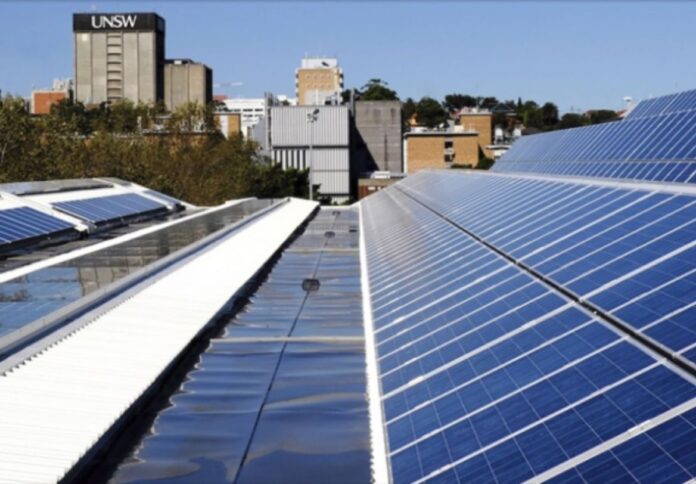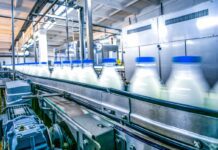
Solar experts from UNSW Sydney have called for the need for bespoke technology designed to recycle important elements inside solar panels.
In a media release, the experts said that in the coming ten years, managing obsolete photovoltaic (PV) modules, also known as solar panels, will be a significant waste problem for Australia.
To date, with rooftop solar PV installed in more than 3.3 million residences, UNSW Sydney revealed solar energy is one of Australia’s top renewable energy sources.
However, when these systems need to be changed, 90 per cent of them might eventually wind up in landfills, according to the university.
Dr Richard Corkish of the Australian Centre for Advanced Photovoltaics, based at UNSW Sydney’s School of Photovoltaics and Renewable Energy Engineering, stated the ‘Reduce, Reuse, and Recycle’ sustainability principles should be applied to the end-of-life management of all PV modules.
He emphasised that from a manufacturing standpoint, the photovoltaics research community is attempting to extend the life of the modules by making them more resistant to the environment, specifically moisture and oxygen.
“The goal is to extend the life, so they last up to 50 years which means we won’t need to make nearly as many in the future,” Dr Corkish said.
He added, “If we suddenly need to ramp manufacturing, we’ll find there are some materials, including silver and aluminium, that will be at risk of being in low supply.”
The major issue with the existing approach, according to Dr Rong Deng, a research fellow at the UNSW School of Photovoltaics and Renewable Energy Engineering, is the inability to extract rare metals from the panels while keeping costs low.
“To be reused, solar panels components need to be carefully separated to avoid contamination with other materials. Manufacturers will only reuse materials that have a high purity – which is difficult to achieve,” said Dr Deng, who was named in the 2022 Forbes 30 under 30 Healthcare and Science List.
Dr Deng went on to say that the Australian government has hinted that the Product Stewardship Scheme may eventually include PV modules.
Similar programs are already in place for other products including plastic bottles and automobile tyres, he said.
A Product Steward Scheme is an approach that involves taking responsibility for the full life cycle of a product.
The circular economy’s guiding principles are supported, and programs might be voluntary, mandated by the government, or carried out in collaboration with businesses.
Consequently, Dr Corkish said it would further incentivise manufacturers to invest in enhanced PV recycling technology if everyone who imports, manufactures, produces, sells, and uses PV modules shared responsibility for reducing environmental effects.




















